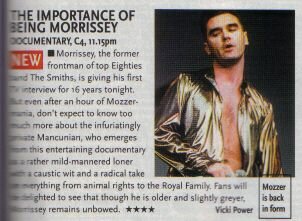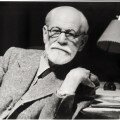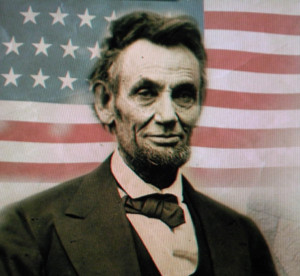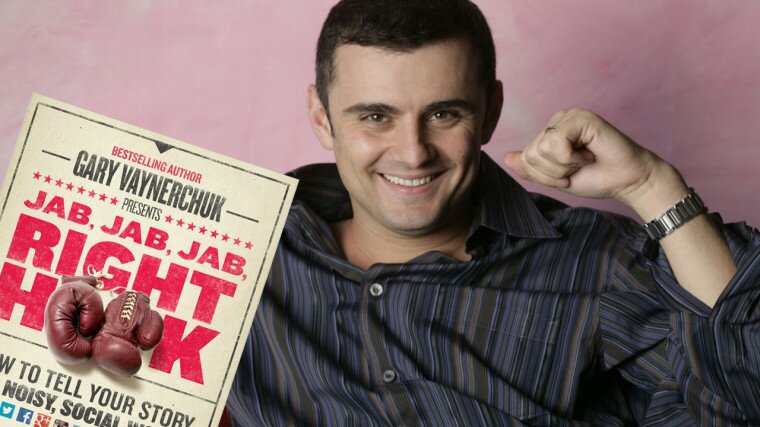The Man, the Music, and the Muse: What can you can learn from Steven Patrick Morrissey…
As an avid lover of The Smiths and music as a whole, I thought it was about time that I covered a successful music artist in my inspiration people series because alike authors, directors and actors, being involved in the music industry requires skill, innovation and a dedicated mindset.
Who is Steven Patrick Morrissey?
 Morrissey made his success in music, as front man singer and lyricist of independent rock group The Smiths. His name is one that made it’s prestige in the 1980′s but has never been forgotten by generations to come. He has recently been voted the second greatest living icon in the whole of Britain for his ethical work and skills as a music composer.
Morrissey made his success in music, as front man singer and lyricist of independent rock group The Smiths. His name is one that made it’s prestige in the 1980′s but has never been forgotten by generations to come. He has recently been voted the second greatest living icon in the whole of Britain for his ethical work and skills as a music composer.
On the back of Morrissey’s autobiography there is a very powerful quote and it reads; ‘Most pop stars have to be dead before they reach the iconic status that Morrissey has reached in his lifetime’. And that’s exactly why I chose to share with you the life and times of Morrissey today. Because what he has achieved within his field is not only impressive but unique. And that’s something that all of us here share at One Life Success; the drive to have that effect and influence ourselves.
Morrissey: The Life and Times of a Music Idol…
Steven Patrick Morrissey was born on the 22nd may 1959 in Lancashire to Irish Catholic parents Peter and Elizabeth Morrissey. Elizabeth was an assistant librarian, his father Peter a hospital porter and they had only one other child; Morrissey’s elder sister Jackie who was born a year before David in the same location.
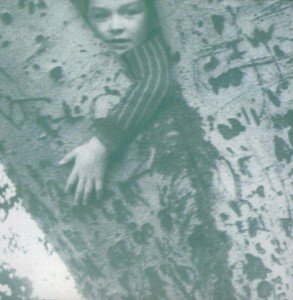 The Morrissey family lived in inner-city Manchester. Inner-city Manchester is a place that Morrissey describes as consisting of ‘streets upon streets upon streets upon streets. Streets to define you and streets to define you’ in his autobiography. Many of the houses that he was being raised around faced demolition, but it later became a place that inspired much of Morrissey’s successful lyric work.
The Morrissey family lived in inner-city Manchester. Inner-city Manchester is a place that Morrissey describes as consisting of ‘streets upon streets upon streets upon streets. Streets to define you and streets to define you’ in his autobiography. Many of the houses that he was being raised around faced demolition, but it later became a place that inspired much of Morrissey’s successful lyric work.
From a young age Morrissey had always been interested in prestigious role models including female singers, writers and television drama stars. Despite athletic ability, Morrissey spent his early life feeling lonely and depressed. He began taking prescription drugs as an adolescent and attended St Mary’s Secondary Modern School during his school years, a time Morrissey describes his music as being “all I ever had”. In his spare time he would spend his days writing letters to music magazines and giving his opinions on various new bands.
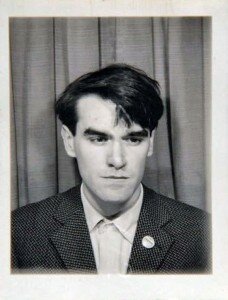 Following education Morrissey worked briefly for the Inland Revenue before going on the dole and forming a band in 1978 called The Nosebleeds. The Nosebleeds played various concerts and even supported Magazine (a band highly remarked by music magazine NME).
Following education Morrissey worked briefly for the Inland Revenue before going on the dole and forming a band in 1978 called The Nosebleeds. The Nosebleeds played various concerts and even supported Magazine (a band highly remarked by music magazine NME).
Morrissey wrote several songs with the lead guitarist of the Nosebleeds but none were recorded and the band soon split. He later joined Duffy’s band Slaughter & the Dogs in which he recorded four songs with until their audition for a record deal in London fell flat. The band became Studio Sweethearts. And Morrissey became without a band to sing in.
The singer interrupted his music career after this small failure, to focus on writing and published two books The New York Dolls and James Dead is not dead. A third book Exit Smiling was rejected and remained unpublished until 1998 when Morrissey was much more popular in the US. All of these books, were again, inspired by the young boys love for musical and movie-screen idols of the current time and were each a success on a small-scale for the budding musician.
The Smiths
In spring 1982 Morrissey met Johnny Marr, a guitarist who lived nearby to his own home. The pair grew close and began song writing together; recording several demo tapes with future Fall drummer Simon Wolstencroft that same year.
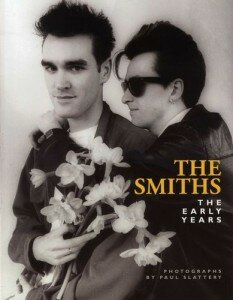 Soon after this recruit Morrissey and Marr looked for permanent band members and recruited Mike Joyce on drums and Dale Hibbert on base who provided the group with recording facilities at the studio in which he worked. The band performed two gigs as a four before coming to realize that Hibbert lacked in skill and personality to suit the band and they replaced the young base guitarist with another one of Johnny Marr’s friends Andy Rourke.
Soon after this recruit Morrissey and Marr looked for permanent band members and recruited Mike Joyce on drums and Dale Hibbert on base who provided the group with recording facilities at the studio in which he worked. The band performed two gigs as a four before coming to realize that Hibbert lacked in skill and personality to suit the band and they replaced the young base guitarist with another one of Johnny Marr’s friends Andy Rourke.
With the final cast set, the group signed with ‘Rough Trade Records’ and released their first single ‘Hand in Glove’ in 1983.
‘Hand in Glove’ failed to chart in the UK but their soon-following singles “This Charming Man” and “What difference does it make” fared much better, reaching number 25 and 12 in the UK Singles Chart. It was clear to their label that there was potential in the band, but that their rise to success would be a slow and steady one even when aided by the Music Press and Studio Sessions.
Although the fan base took it’s time to be acquired, Morrissey’s fans have been described as the most dedicated of music fans and to date, years and years after his peak of success, he still has lots of fan sites and a prestigious place in the hearts and minds of music lovers.
In February 1984 The Smiths released their first album, a self-titled CD which reached number two on the UK Albums chart. The singles that followed in the same year, “Heaven Knows I’m Miserable Now” and “William, it was really nothing” became their first UK top-ten hits.
Although some of their singles still weren’t reaching the top fifty, the band carried on in their high productivity and released their second album, Meat is Murder. This album was considered one of the Smiths greatest success and a turning point for the Manchester band because it topped the UK charts and marked the day Morrissey’s dreams of being a musical idol were beginning to come true.
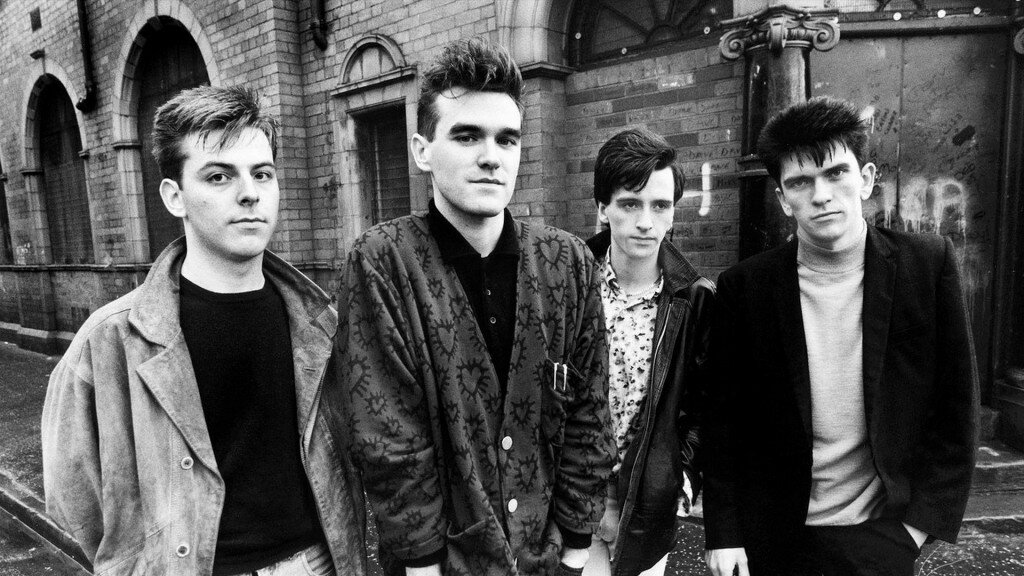 During 1985 the band undertook tours of the UK and US whilst recording The Queen is dead. This next album was released June the following year, along with their new single Bigmouth Strikes Again which reached number two in the UK charts. But despite this rapid growth in musical success, all was not well within the group.
During 1985 the band undertook tours of the UK and US whilst recording The Queen is dead. This next album was released June the following year, along with their new single Bigmouth Strikes Again which reached number two in the UK charts. But despite this rapid growth in musical success, all was not well within the group.
Their follow up album, Strangeways, Here We Come, had been delayed by seven months after it’s production, lead guitarist Johnny Marr was beginning to feel the stress of the bands exhausting touring and recording schedule and the band were forced to temporarily fire base-guitarist Andy Rourke after his excessive use of heroin came to light.
Rourke was replaced for two weeks by Craig Gannon, who later switched from bass to rhythm guitar until the end of their world tour in 1986. The world tour had been the breaking point for the band and the frustration they felt with their label heightened; forcing the band to sign instead with EMI and receive endless criticism from their band fan base.
Morrissey and Marr’s relationship continued to strain and in 1987 Marr left the group. As auditions for a replacement proved fruitless, The Smiths were prematurely forced to split. Their final album Strangeways, Here We Come which reached number two in the UK album charts.
Solo Career
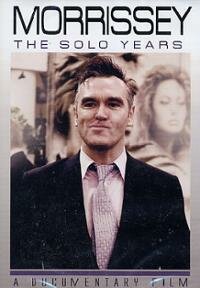 After NME first announced that the Smiths were going to split, fans were left is devastation including bestselling author J.K. Rowling. However, Morrissey didn’t stop making music and in 1988, just six months following Strangeways, Here We Come he released his first solo album Viva Hate.
After NME first announced that the Smiths were going to split, fans were left is devastation including bestselling author J.K. Rowling. However, Morrissey didn’t stop making music and in 1988, just six months following Strangeways, Here We Come he released his first solo album Viva Hate.
Viva Hate has been listed by Q magazine as one of the top 50 albums of 1988. Surrounding its release there was some controversy over the track “Margaret on the Guillotine”, which described the death of Prime Minister Margaret Thatcher as a “wonderful dream” but that didn’t stop the album from reaching number one in the UK album charts and being certified gold ten years later in the US.
Never one to mellow on political issues, Morrissey continued to remark on current issues blessing Barack Obama’s work in America, criticizing Hillary Clinton and shrugging off Margaret Thatcher’s death. He also publicly supported Marr in saying he forbade David Cameron from liking The Smiths and criticized the British monarchy for their wealth. These remarks had Morrissey interviewed (and later pardoned) by the FBI and British intelligence.
As a solo artist, Morrissey’s successes kept coming and he released a huge total of eight albums Viva Hate, Kill Uncle, Your Arsenal, Vauxhall, Southpaw Gramma, You Are the Quarry, Ringleader of the Tormenters and a Greatest Hits album in the space of twenty years. When grouped, these albums earned Morrissey Grammy Award nominations and two solo number ones but thing still weren’t all plain sailing for the genius lyricist.
In 1996 Morrissey was taken to court in over a legal case brought by Mike Joyce who claimed he had not received his fair share of royalties in the Smiths from Morrissey and Marr. The pair claimed that the other two members had always agreed to their 10% because they had never been musical composers. But the courts found in favor of Joyce and ordered that he be paid over one million pounds and receive 25% of royalties rather than 10% from that point on. Morrissey appealed against the verdict saying “The Smiths were a beautiful thing and Johnny Marr left it and Mike Joyce had destroyed it” but the appeal was not successful. Rourke settled for a smaller lump sum to pay off his debts and continues to receive his ten percent.
Never one to stop moving forwards, Morrissey returned to the music scene in 2002 with another world tour. It was during this time that Channel 4 filmed The Importance of Being Morrissey a documentary that aired in 2003, and Morrissey made a series of appearances on Craig Kilborn’s The Late Late Show in the US. On his 45th birthday he also performed a specialized concert at Manchester Arena which was put into a DVD the following year called Who Put the M in Manchester?
Illness also struck the artist meaning his greatest hits tour was cancelled due to “throat problems” and his Swords UK tour in Swindon also had to be cancelled due to the man collapsing on stage during his opening song “This charming man”. Morrissey was discharged from hospital the next day and took out some time, not to rest, but to get to work on his 660- page autobiography which was released late last year until the Penguin Classic label.
The classic and was given a five star review by The Telegraph and sold 35,000 copies within the first week; soaring to number one on the UK book charts.
Morrissey paved the way for the indie music scene; inspiring its flourish and influencing generations of music makers to come. His lyrics are consistently artistic, flexible and applicable to its listeners; hence why people today still hold The Smiths and Morrissey’s solo work is such high regard.
Lessons from Morrissey
What can we learn from this ‘Charming Man’?
At fifty-five most successful people, settle down and reap the rewards for success. But that’s not the case for Morrissey. The legend is now writing a debuted novel and has signed a two-record deal with Capital Music; meaning his work on music began in the early days of this month and the legend will continue. This next and final section is all about what you can learn from Steven Patrick Morrissey’s success.
Use Your Influence for a Good Purpose:
Morrissey has always believed strongly in animal rights and vegetarianism. So when he had a captivated audience, to his music and writings, he used this influence to promote the causes he believed in and aim to make a change within society.
Recently, Morrissey sponsored a ‘Love Music Hate Racism’ event after NME left the festival facing financial downfall. He has also spoke out about animal cruelty rights, written songs about his belief against meat promotion and became a huge supporter of PETA appearing in an ad campaign that encouraged the neutering of cats. But most significantly was his work in 2013. On Morrissey’s March the 1st performance, every vendor in the local areas was made 100% vegetarian and every fast food chain shut.
He describes this small success not as a victory for himself but a “victory for the animals” and what this teaches us is that if you believe in something, act upon it and don’t be afraid to speak out. If you’re passionate about an issue, then use it as the fundaments behind what you’re creating. Chances are that you’ll be more likely to succeed if you have a true belief in what you’re doing and you’ll feel the rewards of that success all the more.
Don’t be Ashamed of Where You Come From:
What made Morrissey’s lyrics so unique was his identity. And a fundamental part of his identity was where the musical legend grew up; in inner-city Manchester.
Taking inspiration from what he saw; The Moores murders, the crumbling houses around him, meant that Morrissey appealed to his audience in a way that no other music at the time did. It also meant that his creative work was coming from the heart.
So when you’re creating, don’t create what you think the world wants to hear. Anyone can do that. Think instead about what makes you different. And chances are your final product will be much more unique as a result.
Don’t Stop When You Get Your Success:
The Smiths produced music that related to all kinds of people and they changed the history of music forever. During their peak of success they were conducting world wide tours and publishing number one albums. Even today they are a band that sticks firmly on the lips of every music lover and the inspiration board of every band to come.
But when things went wrong, and the band split up, Morrissey did not stop there. If he had, then the eight albums that took his name from being ‘that singer from the Smiths’ to ‘music icon’ would never have been made.
So the message here is be sure your aiming for your success for the right reasons. If you’re aiming to be a writer, then write because you love what you’re doing. It’s not enough just to say you want to be famous, you want awards and money. These are the rewards of success, but they are also superficial and won’t keep you going when the road gets tough.
If Morrissey hadn’t been in it for the music, for his passion, then when the Smiths broke up, when he got taken to court, when he saw something he didn’t like, when he fell ill he’d have stopped and missed out on so much possibility.
Stay in Control of Your Creations:
If you’re taking steps towards achieving your dream already, don’t make the same mistake as the Smiths and over work yourself or let the big man take over. The Smiths split up because they lost the art of the creation; they lot control of when they published their works, when they toured, how they worked. One of the most vital lessons you can take away from this is that you are the creator. In the end it’s down to you and only you to do with your talents and the people and the opportunities you have how you wish. If Morrissey had known this then, maybe the Smiths would still be making influential music today.
Further Reading & Other Inspirational People
Gary Vaynerchuk – A Hustler at Heart… Life & Lessons
J.K. Rowling – A Wizard with Words… Life & Lessons

